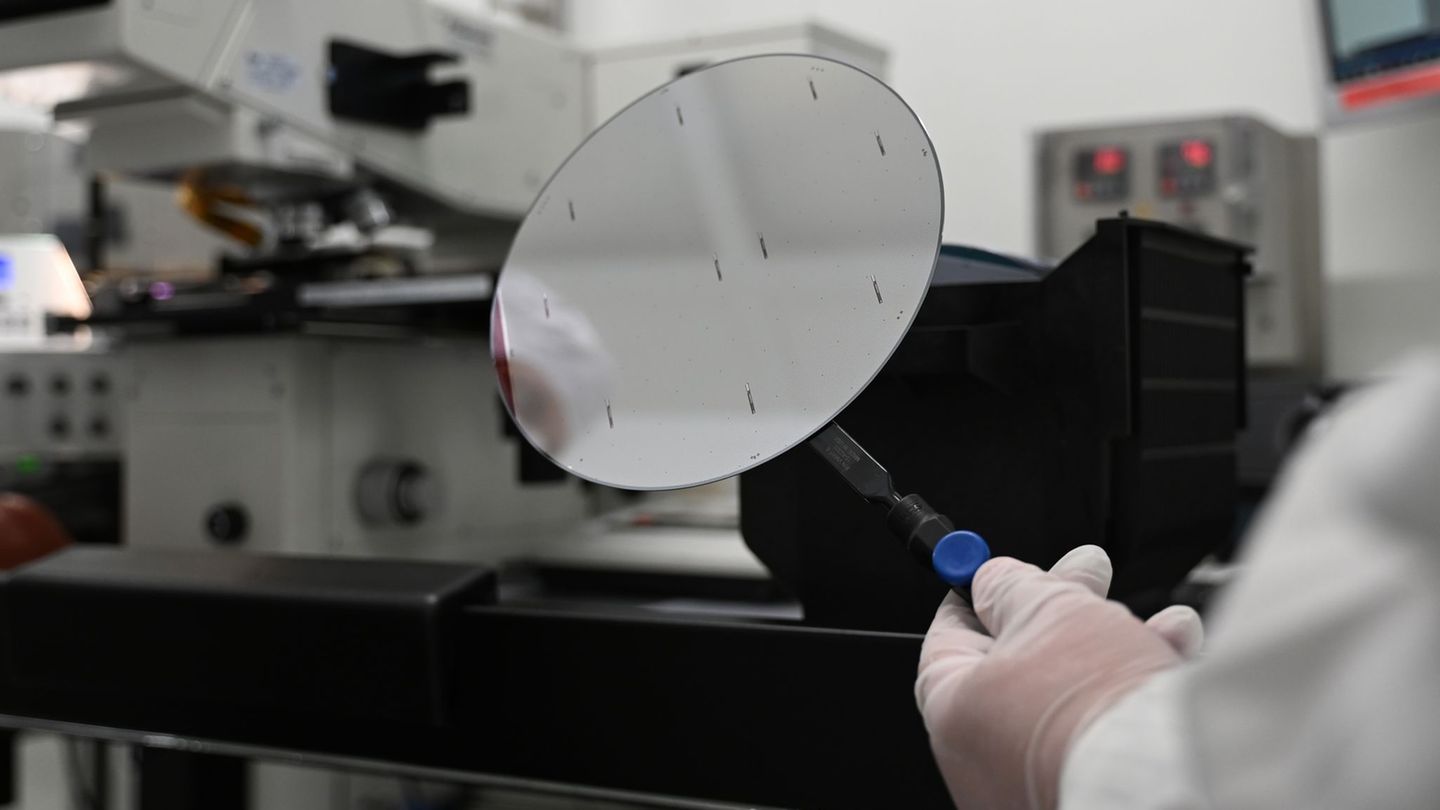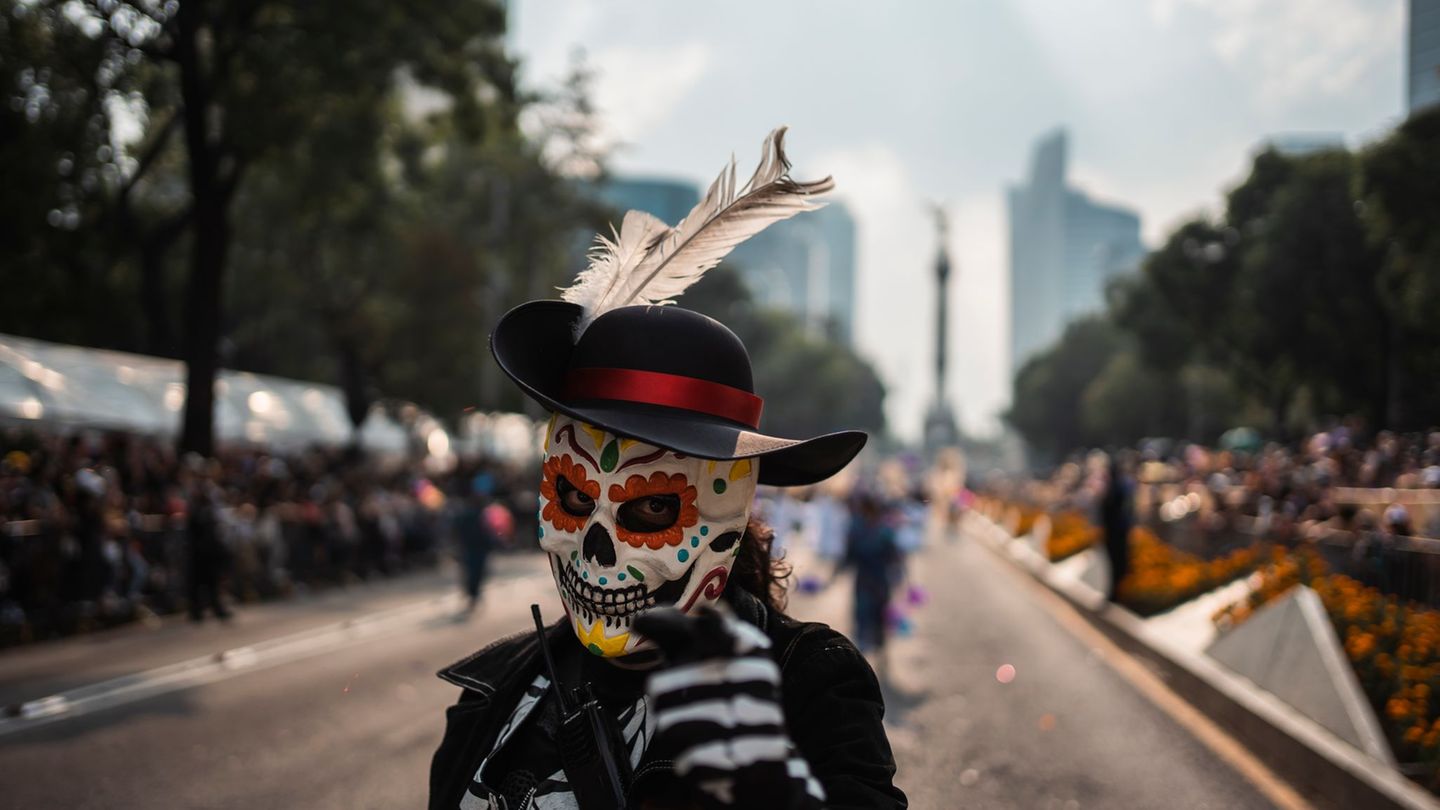The oppression of the native people began with the colonization of Australia. To this day, they are marginalized by large sections of the white majority. Do indigenous people get a vote in parliament?
Australia’s much-discussed referendum on giving indigenous people more political say will be held on October 14. Prime Minister Anthony Albanese announced this today. “On that day, every Australian will have a unique opportunity to bring our country together and change it for the better,” said the Prime Minister, urging all Australians to vote “yes.” Albanese had pushed the referendum since winning the May 2022 election.
The referendum, which has the motto “Voice to Parliament”, is about a constitutional amendment that would give Aboriginal people a voice in Parliament in the future. An Aboriginal body would then advise the government on issues affecting Indigenous Australians. Members are to be nominated by Aboriginal representatives and not by the government.
Of the approximately 26 million Australians, almost one million are Aborigines and Torres Strait Islanders – as the indigenous people of the islands of the same name are called. The country is very divided on the issue of the referendum. In addition, a “double” majority is required for a constitutional amendment: not only at the national level must more yes votes than no votes be achieved – a majority of the six states and territories must also vote in favor of it, i.e. at least four.
Centuries of oppression and discrimination
The indigenous people are still marginalized by large sections of the white majority, and many live on the fringes of society. The indigenous people, who have settled the country for tens of thousands of years, are not even mentioned in the country’s constitution, which was passed in 1901. They were only granted civil rights in 1967.
After the arrival of the First Fleet at Sydney Cove in 1788 and the colonization that followed, Aboriginal children were snatched from their parents for many decades. They had to grow up in homes or with white families. Those affected are known in Australia as the “stolen generation”. It was only in 2008 that Prime Minister Kevin Rudd issued an official apology for the suffering of the indigenous people.
Source: Stern
I have been working in the news industry for over 6 years, first as a reporter and now as an editor. I have covered politics extensively, and my work has appeared in major newspapers and online news outlets around the world. In addition to my writing, I also contribute regularly to 24 Hours World.




